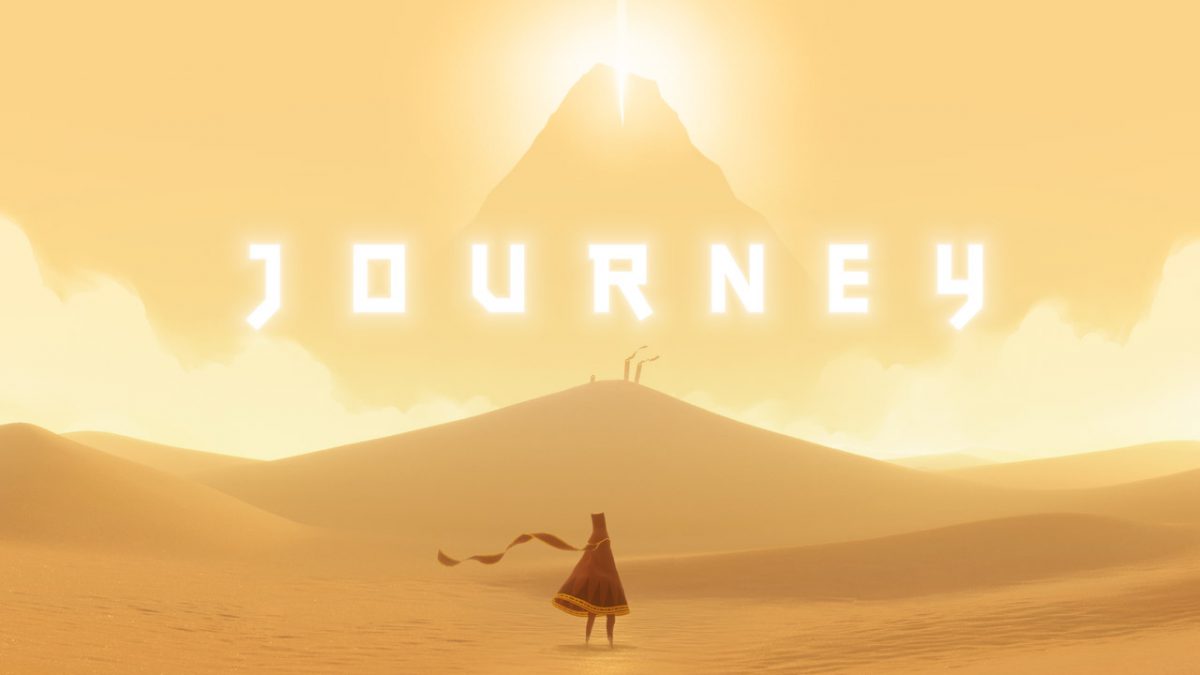There are 3 available games for the class to try out and review. Journey, Her Story and Firewatch. I would like to talk about Journey in this game review.
Journey is an atmospheric, adventure game that has no combat and game over state, which at first sounds like a terrible idea. However, what Journey exceeds at were the storytelling. The background of Journey revolved around an ancient race that went extinct, leaving only the player in this beautiful, daunting and isolated world to find exactly what happen to them.
The players objective were to walk around the world looking for ways to traverse the environment using the game mechanic that were being taught to the player when they first started the game. Journey did a great job on giving subtle clues to the player on which object to interact with, For example, object that the developer want the player to interact with were normally red in color, and contrast that with the yellowish desert, the results is a game with beautiful visuals and at the same time, gave a clear indication on what they are supposed to do.
Other than the game mechanics, the impressive part was that the narrative were all done without using a single word. There are no words or voices in Journey (other than the interface), yet players would understand the story without any problem! Journey would also show the player that language is not the only way to express an idea, but with clear visuals and direction, a picture is worth a thousand words.
I was astonished by the game Journey. It is a good example for all developers and investors that not all games have to be gory and bloody. A simple, earnest game like Journey can create an experience that would transcend time and touch the heart of players regardless of their background.





